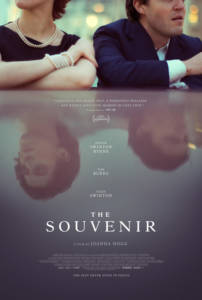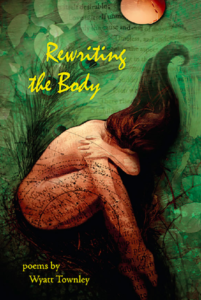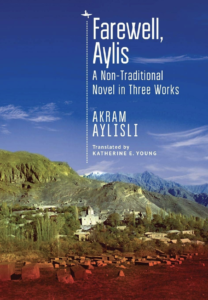 By HANNAH GERSEN
By HANNAH GERSEN
The Souvenir, British director Joanna Hogg’s fourth feature film, is the first part of a two-part memory piece that focuses on a love affair that took place in Hogg’s early twenties, when she was in film school in London. Though not quite a memoir, the film is unabashedly autobiographical, and similar to Alfonso Cuaron’s recent Roma in how it seeks to reconstruct a particular period in the director’s life. To play a version of herself, a young woman called Julie, Hogg has cast Honor Swinton Byrne, a newcomer who at this point in her life is best known as Tilda Swinton’s daughter—though her performance in The Souvenir and next year’s sequel will likely change that. Swinton herself plays Julie’s mother, Rosalind, tamping down her usual charisma to embody a meek matron who rarely exerts her influence or reveals her knowledge of the world. It’s startling to see Swinton this way, especially with Byrne nearby, exuding youth and curiosity. With her height and her red hair, Byrne looks enough like Swinton to bring to mind her mother’s glamour, but also has a calm dreaminess that it is all her own.











 By
By 




